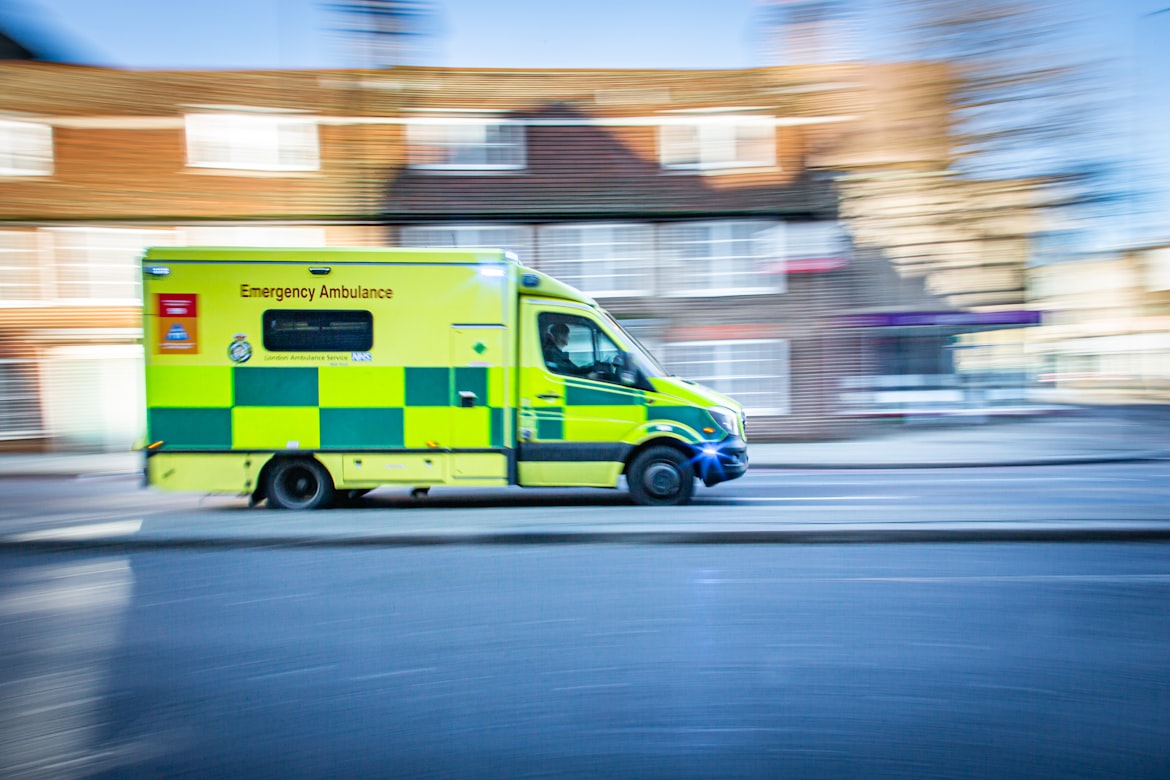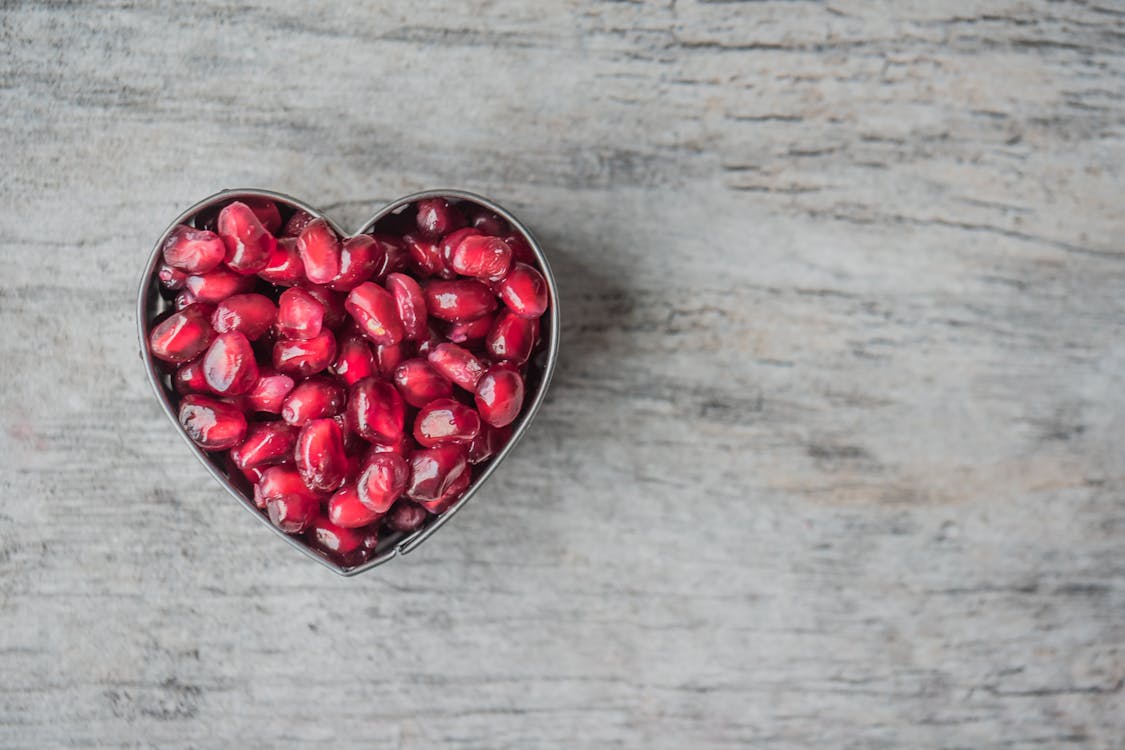Short Explainer Video
Did you know that the heart is the hardest working organ in the body?
It is useful to think of your heart as the engine that makes your body function. It sits in your body, working away throughout your entire life, and is one of your most important organs.
Life would not be possible without a heart, so what happens if it stops?
When the heart stops, blood is not pumped to the body. As a result, oxygen and other vital nutrients cannot reach the organs leading to permanent organ damage or death.
Introduction to the Heart
According to the British Heart Foundation, the human heart works like a pump, sending blood around your body to keep you alive. It is a muscle which is about the size of your fist and is situated in the chest slightly to the left side.
Your heart beats about 100,000 times each day, and this pumps 8 pints of blood around your body through a network of blood vessels. This is called your circulatory system and acts like a river, delivering oxygen, hormones, and nutrients to all the different parts of your body.
The circulatory system helps your organs and muscles work properly. Your blood also carries away waste products such as carbon dioxide.
How the cardiovascular system and the heart work
The heart muscle is made up of 4 chambers. These chambers power 2 circulatory loops of blood flow within the body: the left and right atrium, and the left and right ventricle. The 4 chambers ultimately pump together, but work separately to power the loops.
The first circulatory loop is called ‘pulmonary circulation’, which carries deoxygenated blood (blood without oxygen) to the lungs. This is pumped by the right two chambers of the heart.
The second loop is called ‘systemic circulation’. This carries nutrients and oxygen around the body, removes waste, and brings the waste back to the first loop to be reused.
Systemic circulation is powered by the left 2 chambers of the heart.
There are 3 types of blood vessels carrying blood through the circulatory system:
- Arteries (transport blood away from the heart)
- Veins (return the blood back to the heart)
- Capillaries (surround body cells and tissues to deliver and absorb waste, visible body).
The force of the blood inside these blood vessels determines your blood pressure. Your blood pressure level is a good indication of how well your heart is pumping.
It is best to try and keep your blood pressure at the optimum level, which is between 90/60 mmHg and 120/80 mmHg.
Sudden Cardiac Arrest
Heart.org describes Sudden Cardiac Arrest (SCA) as a malfunction that causes an irregular heartbeat and disruption of the pumping action of the heart. This is because the heart cannot pump blood; as a result, the person loses consciousness and death occurs within minutes.
Symptoms
Sudden Cardiac Arrest is not the same as a heart attack. As described by Heart Rhythm Alliance, a heart attack can be thought of as a problem with the plumbing whereas SCA is a problem with the electrical system within the heart.
In cases of SCA, there is rarely a warning and the patient always loses consciousness.
The most common symptoms are also unresponsiveness, lack of pulse, stopping breathing, and abnormal heart rhythm (arrhythmia).
Causes
Cardiac arrest can be caused by any heart condition. It can be possible that the individual does not know that they have a heart condition, which is why it can happen suddenly and without warning.
Other causes can include: scarring of the heart tissue due to previous damage or lifestyle, thickening of the heart muscle because of heart failure or disease, heart medications, electrical abnormalities, blood vessel abnormality triggered by physical activity, and recreational drug use.
Risk Factors
Risks may include a previous cardiac event or heart attack and a family history, although many patients have never experienced a heart problem before.
What happens to your body during a cardiac arrest
If you have a cardiac arrest and are not aware of any previous heart issues, it is possible that you will not know what is happening to you because it happens very quickly. You will:
- start to feel dizzy, hot and will lose consciousness.
- your heart will stop beating and you will not have a pulse
- your brain will lose its oxygen supply
What to do if somebody's heart stops

So what do you do if you witness someone having a heart attack?
Call emergency services
If you think you might be having a heart attack or are with somebody having a heart attack, the first thing you should always do is call for help (UK 999).
Cardiopulmonary resuscitation (CPR)
If you know how to perform CPR, use that skill, but the emergency services operator will also be able to talk you through some steps to help the person in distress.
Use a defibrillator (if available)
If someone’s heart stops and there is a defibrillator available, this is the time to use it. The faster the heart is restarted, the less the chance of lasting damage or death.
The emergency services operator will help you with this and instructions are kept with the defibrillator. These are now kept in many public establishments.
Promoting good heart health


We already know that having a healthy lifestyle will keep us physically fit. Maintaining a healthy lifestyle through proper diet, regular exercise, and avoiding smoking or excessive drinking can make the difference with your heart health.
Summary
Now we have looked at how the heart works, its function, the key signs of SCA, and how to act when someone’s heart stops. The main takeaway is to try to have a healthy lifestyle.
If you think there might be a problem, seek medical advice as soon as possible. Your heart is such an important organ that any problem is not to be ignored.
References:
- How your heart works [Internet]. [cited 2022 Jun 16].
- About poor blood circulation [Internet]. Klarity. [cited 2022 Jun 16].
- Body V. Blood vessels | circulatory anatomy [Internet]. [cited 2022 Jun 16].
- What is blood pressure? [Internet]. nhs.uk. 2018 [cited 2022 Jun 16].
- Causes of cardiac arrest [Internet]. www.heart.org. [cited 2022 Jun 16].
- Home - arrhythmia alliance [Internet]. [cited 2022 Jun 16].
- First aid - CPR [Internet]. nhs.uk. 2018 [cited 2022 Jun 16].
- How and when to use a defibrillator [Internet]. British Heart Foundation. [cited 2022 Jun 16].






